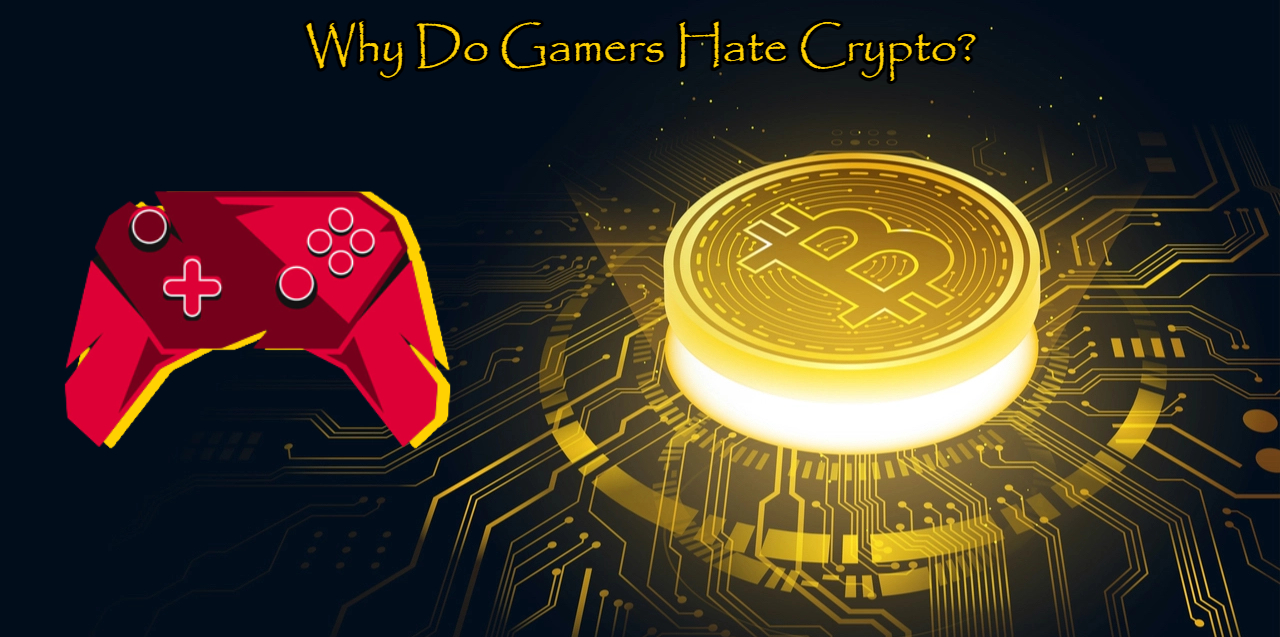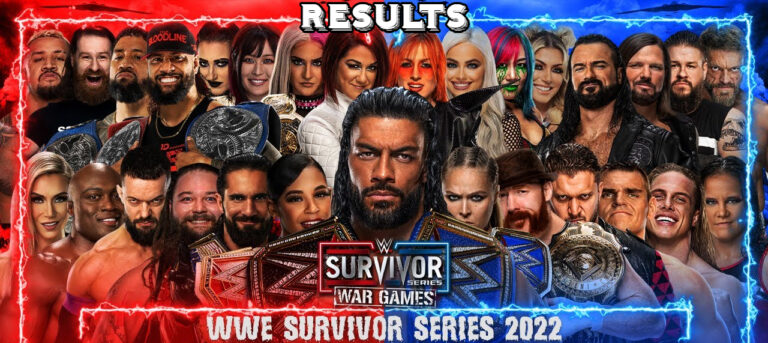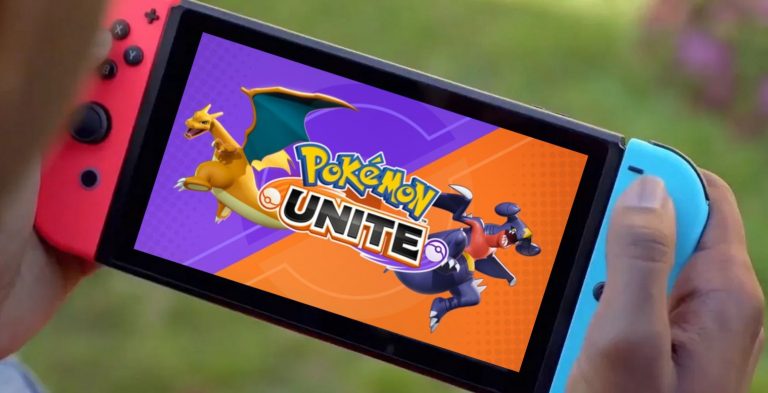Why Do Gamers Hate Crypto? The year 2021 was a watershed moment for NFTs. It’s hard to believe that BAYC won’t be celebrating its first birthday until April 2021.
What began as any other NFT initiative, with a floor price of 0.08ETH (US$190). Has now skyrocketed to more over 100 ETH (US$275,983), putting all other appreciating assets to shame.
What NFTs can accomplish for us as a living species was revealed to the rest of the world. NFTs acted as a digitally verifiable private ownership and a prospective market area that many large firms are looking into. In addition to their high price tags. According to Mark Zuckerberg, further information about NFTs will be available on Instagram soon.
On the other hand, as evidenced by movies like this. There has been a visceral reaction against NFTs, notably in the gaming industry.
Table of Contents
Are NFTs out to extort or liberate gamers?

In its Tom Clancy Ghost Recon game. Ubisoft intended to gain a competitive advantage by including NFTs as decorative accessories for weapons and armour. Its YouTube video was met with a deluge of critical feedback. Leading it to removed from the site in order to avoid company humiliation.
Ubisoft may have had the best interests of its players at heart, but gamers had other ideas.
NFTs viewed by fans as a tool for gaming companies to either milk more money or make a quick cash. The vast majority of them adamantly opposed.
“The majority of game industry professionals indicated their organisations were not interested in Cryptocurrencies (72 percent) or NFTs (70 percent) at all”. According to a study by the 2022 Gaming Developers Conference.

So why do gamers hate NFTs?
As a casual gamer, I find myself in a middle ground. I’ve moved away from PC games approximately five years ago. Thus the only games I play now are on my mobile device anyone else playing Mobile Legends?
I reasoned that if I was going to spend so much time making a game. I may as well get paid for it, right?
However, the main issue in this video appears to originate from monetization concerns. This was especially true with Axie Infinity’s popularised play-to-earn (P2E) model.
All games with a large international following begin on an equal footing. Counter-Strike, perhaps the most popular first-person shooter game, for example, comes down to an individual’s aim accuracy. Money can only utilised as a decorative tool in the form of skins. And it has no effect on the strength or speed of your weapons or movements.
Other games, such as Dota or Mobile Legends, have similar feelings.
There was a new generation of games that allowed you to use your money to advance faster in the game. Clash of Clans is an example. Users start on an equal basis, however investing money allows you to improve your towers right away. Rather than waiting eight hours if you don’t.
The unsaid sense of broken fairness in P2E games is practically palpable. Instead, players must spend their fiat to purchase resources. Which may allow them to advance in the game without climbing the usual merit-based ladder.
In other words, “they (Gamers) tolerate it if the purchases provide aesthetic upgrades. But dissatisfaction develops if players can acquire genuine gaming advantages.”
Will P2E ever lead to economic freedom?

Gaming NFTs accounted for 22% ($2.32 billion) of total NFT sales in Q3 2021. According to another estimate, the blockchain gaming sector will be worth $1.5 billion in 2021. (approximate three-quarters comes from Axie Infinity).
Whales are persons in the crypto world that have a lot of money. The “whales” in gaming are individuals who have the most free time. The grind in games may not be viable for everyone because not everyone can dedicate their entire attention to a game.
Also Read: How To Make A Roof In V Rising
So what if we have some spare time?

We witnessed how Web2 allows (some) gamers to monetize their gaming time by Twitch live broadcasting and earning prize money through competitions and commercial sponsorships via social media. This concept advanced by Web3, which makes it possible for everyone.
Even the most adamant opponents of play to earn games will admit that our favourite games can occasionally involve far too much tedious effort and grinding. Although play-to-earn unlikely to completely replace “grinding,” it can adjust games so that players rewarded for their efforts.
Critics of the play-to-earn approach say that it threatens to take the “fun” out of games. Yet this argument utterly misses the point. Play-to-earn offers gamers a more welfare-enhancing option than the ones now available. It’s better than doing nothing.
We can consider Play to earn a serious path for financial freedom once the balance between commercialization and the joy that comes from games discovered, in my opinion.
Conclusion

The beauty of free markets, I suppose, is that they allow a diverse set of ideals to coexist. They do not, however, speak for the billions of casual gamers who are happy to pay a few dollars for their games and would gladly accept play-to-earn options.
Rather than impoverishing gaming culture. Blockchains have the potential to strengthen the industry socially and commercially by broadening player participation possibilities. Gamers’ passion for games, combined with a fundamental misunderstanding of blockchains. Has compelled them to defend the gaming industry’s only true profit-maximizing dictatorship.
All of this made possible by blockchain games. It establishes a way to legitimise all facets of the game economy and includes the 99 percent in the wealth creation process. Not just for one entity, but for everyone.




